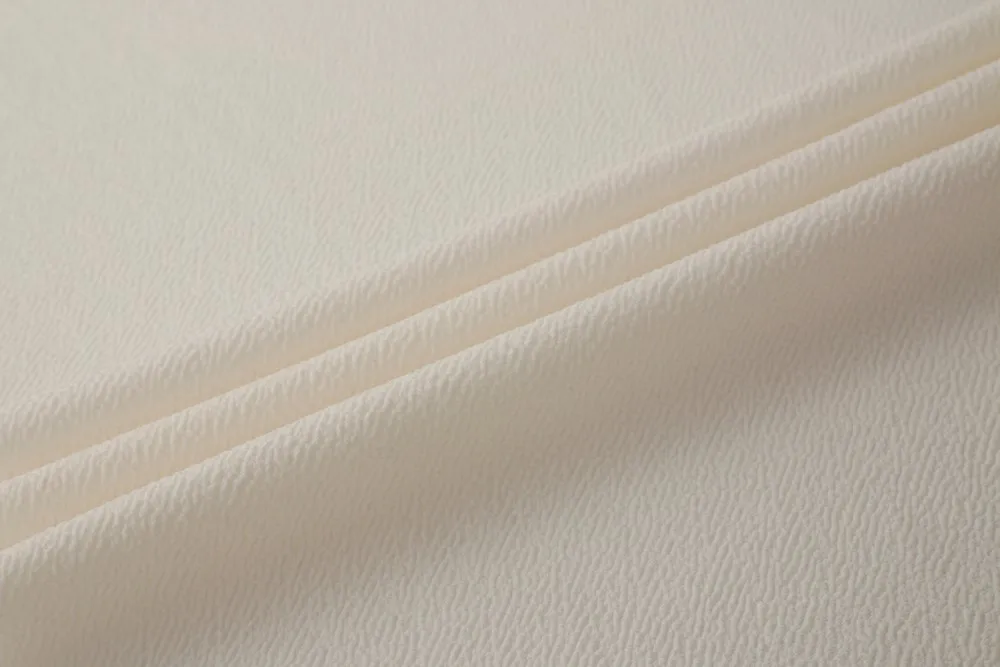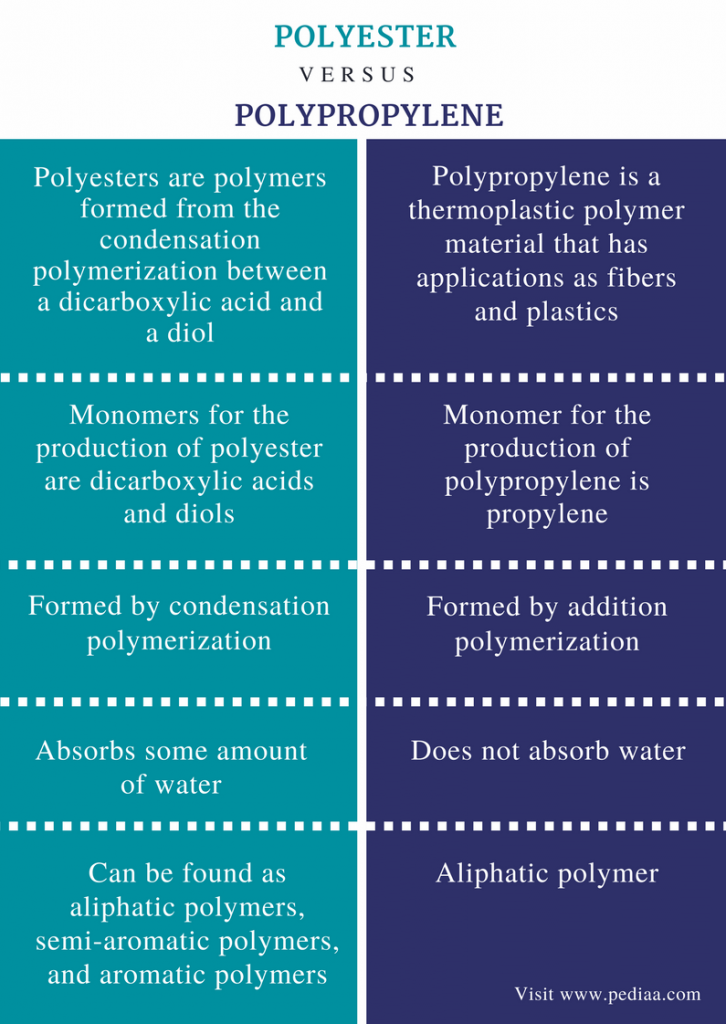
Merino wool, however, contains natural antimicrobial properties which will keep your sweaty base layers from stinking. Fleece base layers use these short fibers to create a capillary action to wick sweat away from the skin. In general, a synthetic fleece with short lengthwise fibers wicks the best, slightly edging out merino wool. It’s difficult to compare all fleeces to all wools for their wicking properties.

The difference between fleece and wool, generally, is that wool is a natural fabric that comes from animals and fleece is a man-made material.

Synthetic fleece, which is simply called “fleece,” is a material made from polyester (usually) and its name is inspired by the natural textile it mimics. The final wool textile, which we simply call “wool,” has been used for thousands of years to produce garments that keep us warm, including sweaters. The term “wool fleece” refers to this unprocessed wool.

The fibers are collected via shearing and processed into the fabric we know simply as wool.
#Does polyester absorb water skin#
Sometimes you’ll hear the term “ wool fleece,” which is a natural fiber that covers the skin of sheep and similar mammals, functioning like human hair or other animal furs. WoolĬomparing fleece and wool gives rise to some confusing terminology. During manufacture, the fabric is brushed to give the synthetic fibers more volume, making the material soft and “fuzzy” like sheep’s wool fleece ( sometimes mimicking sherpa and shearling wool). Is it windy and/or likely to rain or snow? What is your anticipated level of exertion? For example, are you going shopping, or taking a long hike with the dog? All these variables will inform your decision: fleece, or wool? What Is Fleece?įleece, also known as polar fleece, is a synthetic fabric made of polyester or a blend, originally invented to imitate wool. Which will be most comfortable while providing the best protection from the elements? The answer depends on what the weather’s like and what you’re planning on doing. Should you wear a fleece or a wool layer when you head out on your next cool-weather adventure? As you’re pondering which sweater or sweatshirt to grab in preparation, you may well wonder whether fleece or wool will work best for your activity.


 0 kommentar(er)
0 kommentar(er)
